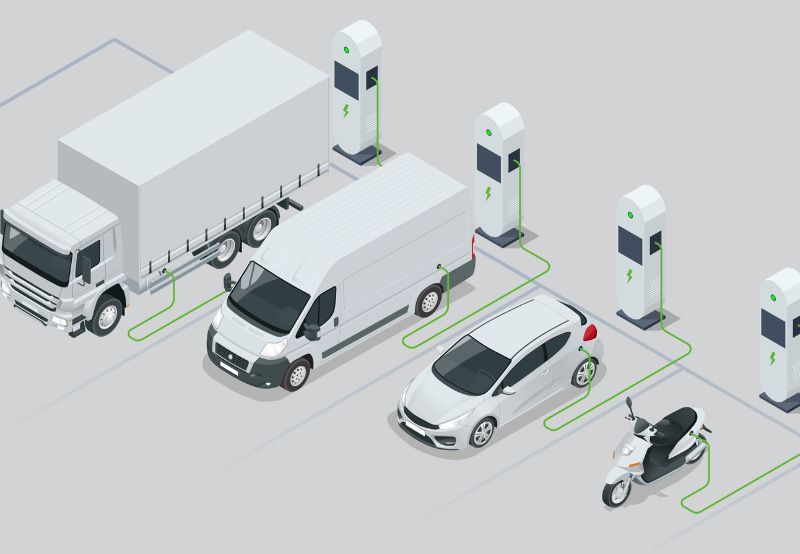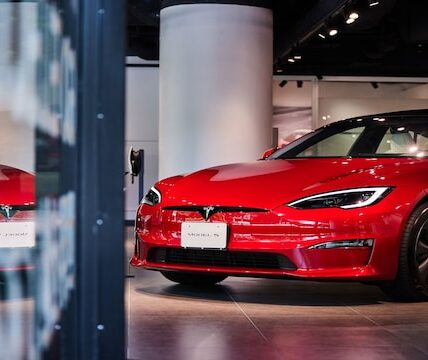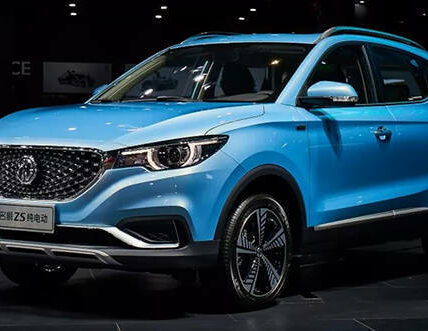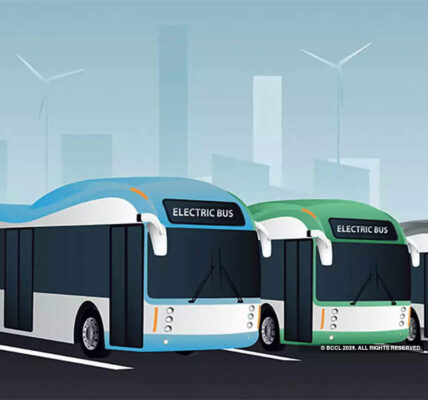Karnataka, Maharashtra, and Uttar Pradesh Lead India in EV Public Charging Station Installations
India’s public electric vehicle (EV) charging infrastructure has crossed a significant milestone, with over 25,000 public charging stations (PCS) installed nationwide. Karnataka, Maharashtra, and Uttar Pradesh have emerged as the frontrunners, leading the charge in EV adoption and infrastructure expansion.
According to Union Power Minister Manohar Lal’s statement in the Lok Sabha, as of November 30, 2024, there were approximately 25,202 public charging stations operational across India. Karnataka tops the list with 5,765 stations, followed by Maharashtra with 3,728 and Uttar Pradesh with 1,989. Delhi (1,941), Tamil Nadu (1,413), Kerala (1,212), and Rajasthan (1,129) are also making strides, while most other states remain under 1,000 installations.
The growth in EV charging infrastructure has been driven by increased private sector participation and supportive government policies over the past two to three years. However, the distribution of charging stations remains skewed, with the majority located in urban areas and major cities.
To address this imbalance, the government has revised its public charging infrastructure guidelines, most recently in June 2024. These updates aim to expand the network and accelerate EV adoption. A critical initiative is the PM e-DRIVE program, which has allocated ₹2,000 crore to establish 72,300 charging stations nationwide, including 48,400 for two- and three-wheelers, 22,100 for four-wheelers, and 1,800 for e-buses. The program also aims to make inter-city and interstate highways EV-ready, enhancing connectivity and accessibility.
A report by KPMG emphasizes two key measures to strengthen the charging ecosystem: standardizing connectors for interoperability across vehicle types and strategically locating new charging stations. Establishing uniform standards would improve user experience, increase station utilization, and reduce range anxiety. Meanwhile, adopting a revenue-sharing model for public land use—starting at ₹1/kWh—could address economic challenges and attract investments.
Vimal Nadar, Senior Director and Head of Research at Colliers India, highlights the real estate requirements for this expansion: “More than 45 million sq. ft. of space will be needed for a robust charging network in the next 5–6 years. Residential and commercial developers incorporating EV charging facilities into their projects will gain a competitive edge, meeting the evolving needs of modern tenants and homebuyers.”
As India’s EV market accelerates, bolstered by an 18% annual growth projection through 2029, the expansion of charging infrastructure will play a critical role in meeting the country’s ambitious green mobility goals.







